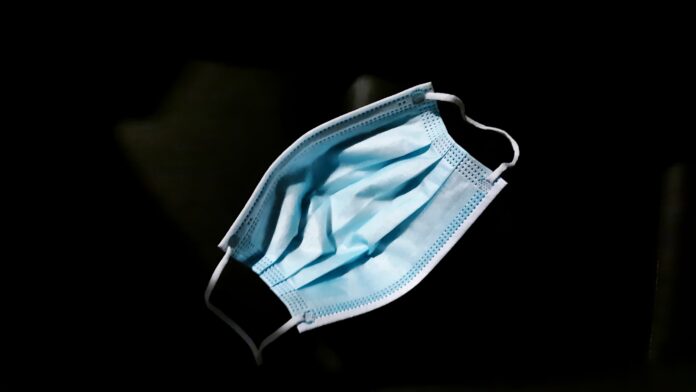
A spike in Covid-19 cases was recorded in the Limerick region on the day of this year’s All-Ireland Hurling Final, and for several days following Limerick’s historic first-ever back-to-back win.
Public health experts said while they could not say for sure if the surge in cases was directly linked to social gatherings around the final, held on August 22, they had expected that social gatherings in Limerick would lead to an increase in cases.
Cases almost trebled across the region from 53, recorded on the day before the final, to 145 identified on the day of the match — the vast majority of cases (96) were identified in Limerick.
Further spikes were recorded in Limerick and the rest of the region in the days that followed August 23 (110 cases); August 25 (120 cases); August 26 (102 cases); August 27 (139 cases); August 28, 29 (187 cases),
The biggest daily increase since the final (169 cases) was recorded on Monday, August 30, which included 98 cases alone in Limerick. On August 27, five days after the hurling final there were 100 cases recorded in Limerick and 108 cases identified in the city and county five days later on September 1.
A spokesman at Public Health Mid West, which investigates cases and monitors the trajectory of the virus in the region, said it “had anticipated an increase in social activity on the weekend of the All-Ireland Final, and was aware of increased social activity in the days after Limerick’s historic victory, which is expected after high-profile sporting events, however, there was already a high level of COVID-19 in the community in Limerick before Sunday, August 22”.
“Increased social activity outside Public Health guidelines, particularly among those who were not fully vaccinated, would have been considered high-risk at the time. At present, we can confirm that there is not one single event that has contributed to an increase in cases in Limerick, as COVID-19 is widespread in the community,” a spokesman added.
The traditional All Ireland winning team homecoming celebrations were postponed and will take place at a later date.
In response to a request for information, Public Health Mid West said it had identified almost 27,000 Covid cases in the mid west since the pandemic began.
From March 2020 to September 1, 2021, it recorded 16,819 cases in Limerick; 6,402 in Clare; and 3,743 in north Tipperary.
There were 1,268 cases found in the region (811 in Limerick; 274 in Clare; 183 in north Tipp) in an 11-day period from 22 August to 1 September this year.
As schools reopened despite the highly transmissible Delta variant now the “dominant strain” of the virus, Public Health Mid West moved to reassure parents and teachers that “strong mitigation measures preventing COVID-19 are effective in breaking chains of transmission in the school setting and community”.
Dr Mai Mannix, Director of Public Health Mid-West, said: “A large number of outbreaks among children of school-going age that we have managed have been linked to activity outside the school setting. This included birthday parties, house parties, large social gatherings indoors and outdoors, play dates, car-pooling, and social contact at break times.”
“What we find is that when a number of social clusters occur, this can cause onward transmission in the school setting. Knowing this is all the more important amid a high incidence of COVID-19 in the community.”
In the past seven days up to September 1 830 cases were recorded (516 in Limerick, 200 in Clare, and 114 in North Tipperary).
Public Health Mid West said it was managing outbreaks in “long-term care facilities, workplaces, early education settings, clusters among vulnerable populations, households, multi-household settings, families and extended families, and a number of small to large community outbreaks” that have been linked to “weeks of increased social activity in the community amid the escalating spread of the Delta (B.1.617.2) variant, which is now the dominant strain”.
It urged anyone aged 12 and older to register for vaccination if they have not already done so.









